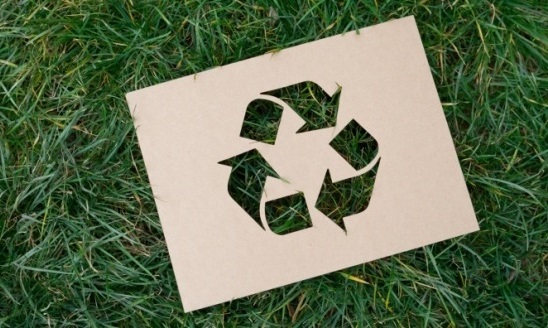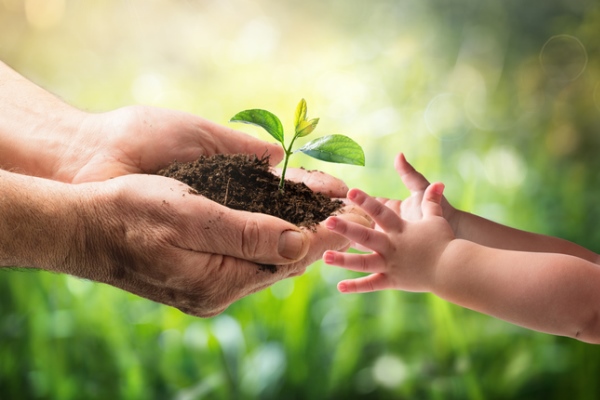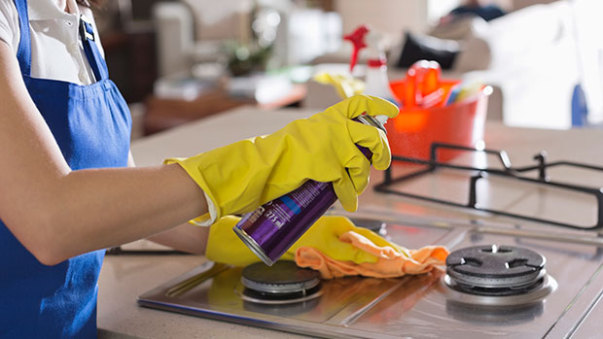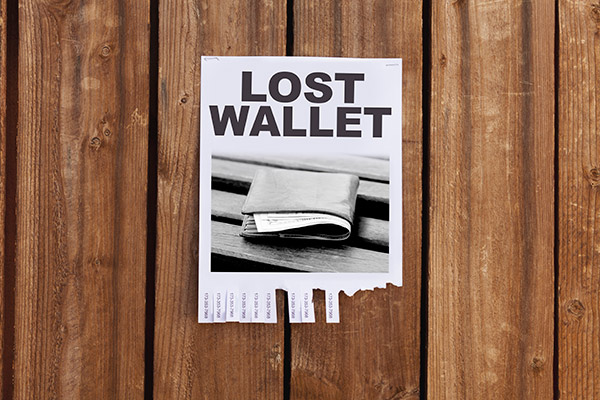April 22 is Earth Day. While many people choose to celebrate by being a little more eco-friendly, there are many ways to incorporate eco-consciousness into your everyday routine.
1. Try DIY cleaning products
Making your own household cleaners is an easy and inexpensive way to reduce toxins in your home and in the environment. Start with a simple all-purpose cleaner made with two cups of water, one cup of hydrogen peroxide and a quarter cup of lemon juice, which can be used to wipe down counters or clean bathroom mirrors.
2. Donate Rather Than Throw Away
Before tossing old clothing, electronics and books into the garbage, think about donating them to a local charity or a consignment store where they can get a new life.
 3. Use Smart Heating
3. Use Smart Heating
Programmable and smart thermostats are easy to install by yourself and help save money by automatically adjusting the temperature of your home while you’re away or asleep.
4. Give Your Water Heater A Vacation
The next time you go on vacation, turn your water heater off. Even when you’re not using water, water heaters keep working to maintain the temperature of the water in the tank.
5. Unplug
They might look innocent, but plugged-in appliances such as televisions and chargers continue to draw power and use up energy—even when they’re turned off. According to the Earth Day Network, it costs the average US household $120 each year.
6. Say Goodbye To Your Second Fridge
It may have been practical at one point, but having a sparingly used second fridge or freezer in the basement or garage can add an extra $150 to your annual energy bill.
7. Buy Local
More than a passing food trend, buying locally grown food is actually better for you! Fresh produce starts to lose its nutrient value as soon as it’s harvested. Shopping at a farmer’s market also helps preserve local farms that might otherwise have to be sold to make room for development.
 8. Go Pedestrian
8. Go Pedestrian
Walking is good for your body, mind and the environment. If you don’t live within walking distance from your job, try carpooling with coworkers or using public transport. Biking is another great solution. If you don’t own a bike, try out a bike sharing service.
9. Bring A Bag
When you go shopping, bring a reusable tote to carry your groceries or other items after making purchases. This reduces the number of plastic and paper bags discarded after a shopping trip.
10. Save Electricity
Washing clothes in cold water and putting them outside to dry instead of using the dryer helps save electricity. Open a window and let in the light instead of flipping a light switch, and use smaller kitchen appliances when possible, like a toaster oven instead of a conventional oven.
11. Reduce Gas Guzzling
Obeying the speed limit helps reduce unnecessary acceleration, which will save on the amount of gas used and the percentage of carbon dioxide produced by your car. Also, keep your tires properly inflated to improve your mileage, and try not to “warm up” the car in cold weather unless it is absolutely necessary.
 12. Stop Paper Bills
12. Stop Paper Bills
Many companies offer electronic options for purchasing and maintaining products, eliminating the need to send or receive paper bills. Online statements are available and automatic payments can be set up through the company’s site or your bank. For example, you can log into the Policyholder Service Center at geico.com and enroll in Paperless Policy and Paperless Billing, which allow you to access your policy documents and review your bill online.










Rob says,
We did this! Humans, and now it’s time to own up. I do as much as I can, & i’m handicapped.
Susan Parr says,
WOW..these were all awesome! Thank you, Thank you!
Lilly says,
Thank you for the tips…it is Great that yall have this to learn on ways to help. Every little bit counts already stopped using plastic grocery bags for the most part but I can do better…I care. Looks like you do too 🙂 Thank you